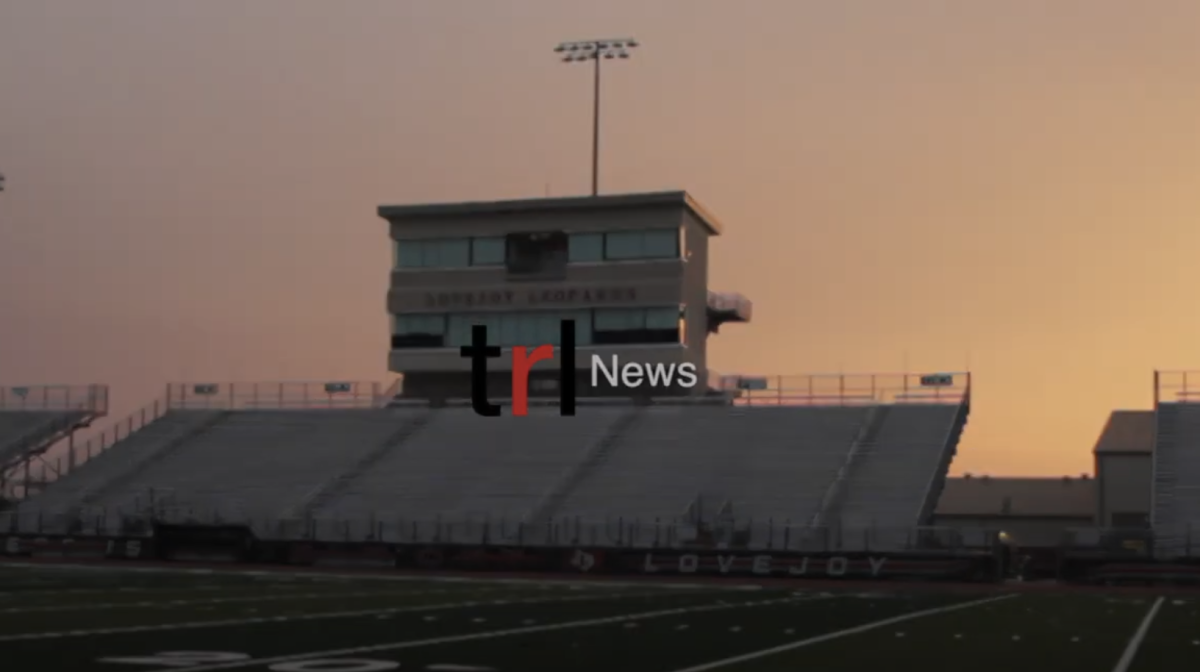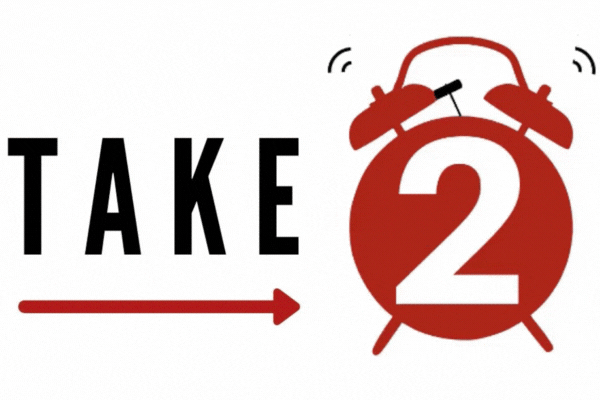Online piracy and infringement of copyrighted information has increased exponentially in the last three years, according to a 2011 study at Michigan State. In response to this, two bills have been proposed in Congress, the Stop Online Piracy Act (SOPA) and the Protect IP Act (PIPA), which would give the government the right to shut down websites and search engines with copyrighted or pirated content.
“I really do support intellectual property, so I have a problem with people who steal it,” English teacher Kathryn Pabst said. “There must be financial benefits for ideas and innovations, otherwise the quality of these ideas will decline.”
Pabst does not necessarily support SOPA, but she believes something must be done about the rampant pirating and theft of intellectual property on the Internet.
“I don’t know if this law is the right law, but there is such a lack of support and protection for intellectual property that if people think they can just steal property then something needs to change,” Pabst said. “If they aren’t being paid for their work, then it means that we as a society do not value their work, and why should a writer spend years or a lifetime working on something that is just going to be ripped off from them?”
Much of the online community, however, has been enraged by this act. According to the Wikipedia website, “[SOPA] violates the First Amendment, is Internet censorship, will cripple the Internet, and will threaten whistle-blowing and other free speech action.”
Wikipedia in particular has taken action against the bills.
“Over the course of the past 72 hours, over 1800 Wikipedians have joined together to discuss proposed actions that the community might wish to take against SOPA and PIPA,” a member of the Wikipedia Foundation said. “This is by far the largest level of participation in a community discussion ever seen on Wikipedia, which illustrates the level of concern that Wikipedians feel about this proposed legislation.”
The conclusion of the debate among Wikipedians was a “blackout,” which consists of shutting down the English Wikipedia site completely for 24 hours. Beginning at 5:00 UTC, which is 11 p.m. central, Wikipedia shut down completely.
“Censorship on the Internet just shouldn’t happen,” junior James Hendrix said. “I think Wikipedia’s way of protesting is a great way, especially since you can type in your zip code and find your congressman.”
By taking this action, Wikipedia opened itself up to questions of the site’s neutrality. Wikipedia has never taken a stance on a political issue, and prides itself on being a site where unbiased information can be found.
“That’s a real, legitimate issue,” Sue Gardner, Wikimedia Foundation Executive Director said in a letter concerning the blackout. “We want people to trust Wikipedia, not worry that it is trying to propagandize them.”
Although neutrality is important to the Wikipedia Foundation, it decided that the risk was worth taking.
“Although Wikipedia’s articles are neutral, its existence is not,” Gardner said. “Where it can be censored without due process, it hurts the speaker, the public, and Wikimedia.”
Wikipedia is not the only website protesting SOPA. Google has blacked out it’s name, which is usually decorated, and Craigslist, Minecraft, and Reddit are also blacked out.
“I think it will be very effective,” Hendrix said. “I sure hope people will take action, because if this [SOPA] passes it will not be good.”




















